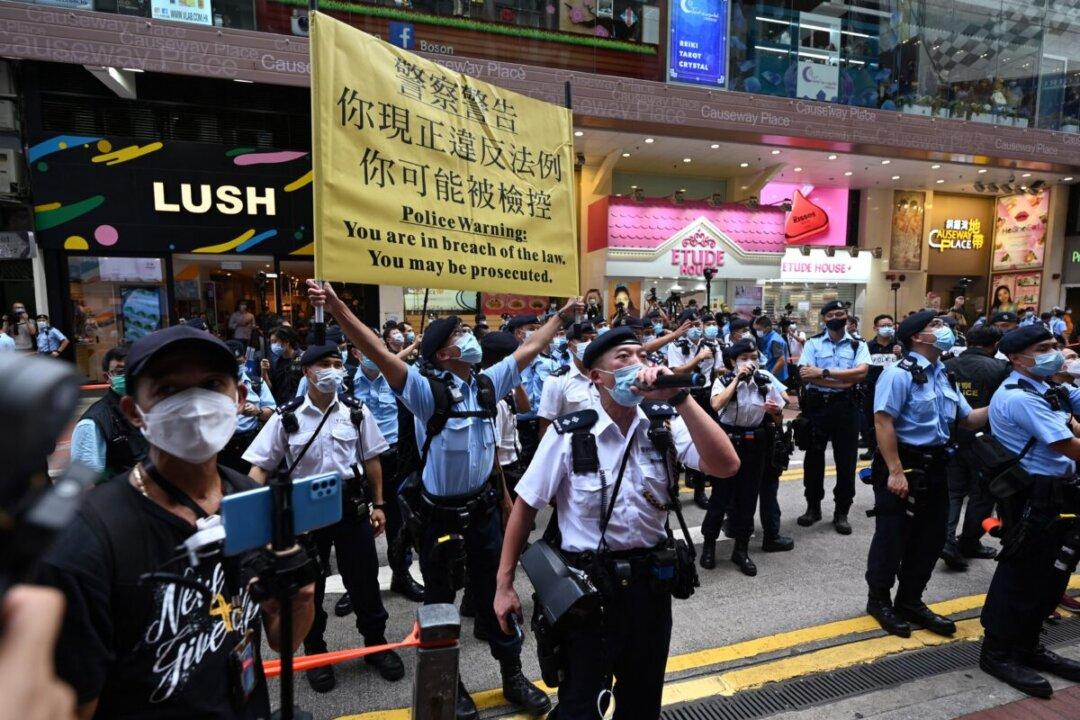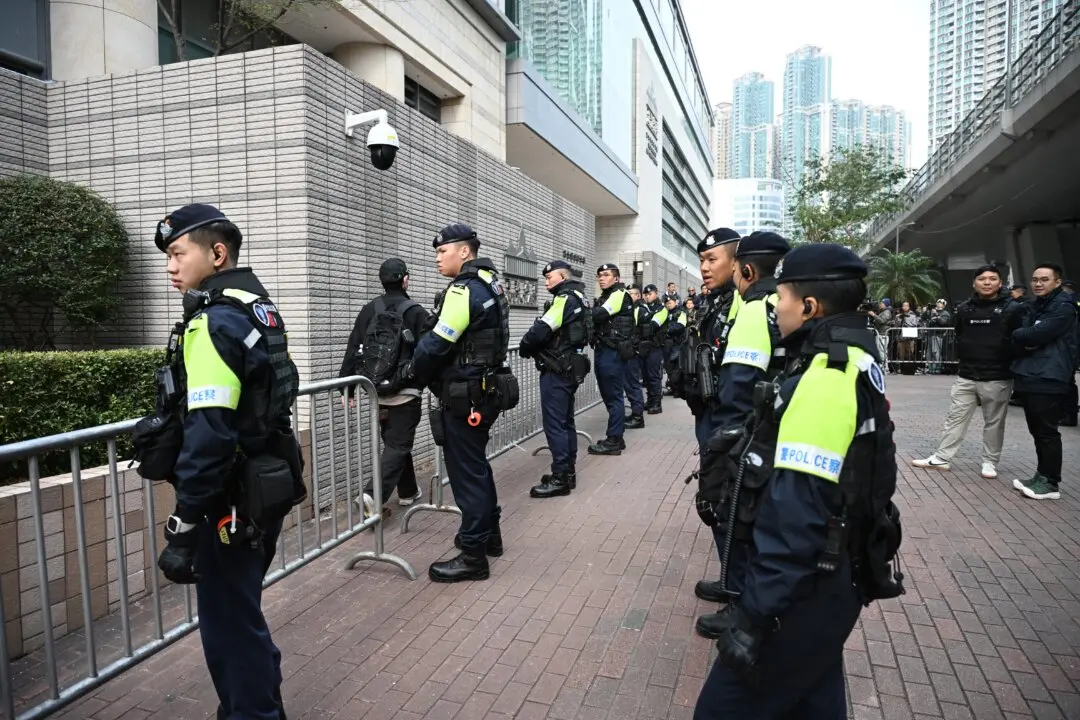Commentary
The sinking of Hong Kong officially started on the eve of June 30, 2020, with the enactment of Beijing’s national security law. Hong Kong has lost its glory, and the defenders of our old core values have either fled the city, been detained, or been imprisoned. Hongkongers have used peaceful means to tell Beijing to leave their city alone and to honor Deng Xiaoping’s version of “one country, two systems.” However, the “two systems” model has failed.





